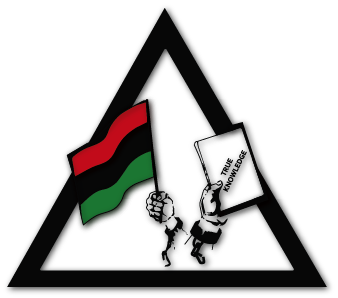In March of 1965, peaceful protesters in the quiet town of Selma, Alabama, were confronted with violent police force, waking Americans to long-silenced injustices and hastening the passage of the Voting Rights Act. Recognized as the nation’s most effective civil rights law, the VRA was the result of a sustained, principled political struggle to defend the constitutional rights of all Americans. It inspired thousands of others across the country to join the civil rights movement.
Yet as we observe the 50th anniversary of the VRA’s passage this week, the commemoration is dampened by the fact that this hard-won legislation has been gutted by the Supreme Court. And with the one-year anniversary of the death of Michael Brown on Sunday, the nation has failed to address the inequities that still haunt black people in America. As we approach both remembrances this week, we must reflect, take stock, and recommit to the difficult work ahead.
The VRA took a major hit in 2013. In the Supreme Court’s Shelby County v. Holder decision that year, Chief Justice John Roberts claimed that “our country has changed” as a majority of the court eliminated an essential protection from the law. The ruling revealed how little certain leaders know – or care – about the voting barriers facing black Americans. And, as difficult as it may be to admit, a lack of collective vigilance in the defense of justice also played a role. While there were many communities of color that continued to ring the alarm on attacks on the right to vote, others took that right for granted and rested on the laurels of the past.
As we also remember Michael Brown, who was killed by Ferguson police officer Darren Wilson one year ago, both the parallels and contrasts between these commemorations are striking. Just like in Selma, massive protests in Ferguson last year sparked a national movement that made clear and reasonable demands. Thousands called for comprehensive legislation, like the VRA, that would hold police officers to the same standards of accountability to which they hold citizens. This plea for simple justice, however, was largely ignored. The bold political leadership that responded to Selma in 1965 has yet to surface in response to Ferguson today.
Rather than responding to calls for change, political leaders are doubling down on a broken system. Congress recently passed the Blue Alert Law designed to amplify the already severe police responses to anyone even suspected of injuring an officer. Locally, the Department of Justice has honed in on Ferguson to the exclusion of several neighboring municipalities with equally discriminatory and terrorizing policing practices. Police chiefs – like Sam Dotson of the St. Louis City Police Department – exploit the so-called “Ferguson Effect” to push for more police officers instead of doing the real work of building community trust.
The movement in the street over the past year, however, is still important for a healthy, participatory democracy. By making their presence felt through protest, the people of the St. Louis area have found a crucial way for their voices to be heard.
For example, for nearly a decade community organizers have been embroiled in a prolonged fight for a St. Louis City Civilian Oversight Board, which would independently investigate accusations of misconduct by police officers. The proposal was recently passed by the city’s Board of Aldermen in the city, and nominees to the Civilian Oversight Board will be announced this month. This progress would not have been possible without the protests and voices of those citizens who marched, day after day, for justice.
History has shown us repeatedly that voting and public protest must go hand in hand. Voting, without conscientious public protest, will result in complacency. Public protest, without responsive checks and balances, will result in constant turmoil.
As cities across the country commemorate the events of Ferguson and the events of Selma this month, we must collectively move beyond mere observance and commit to a democracy that is inclusive, fair and just for all. Fifty years ago, those who brushed off the injustices at Selma found themselves on the wrong side of history. Today it is time to ask ourselves: “Which side am I on?”

